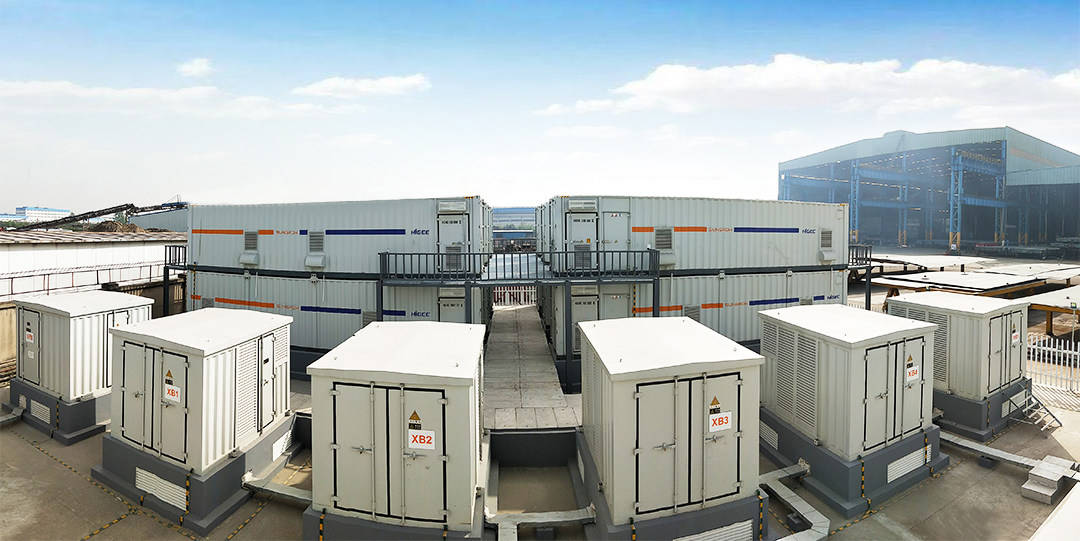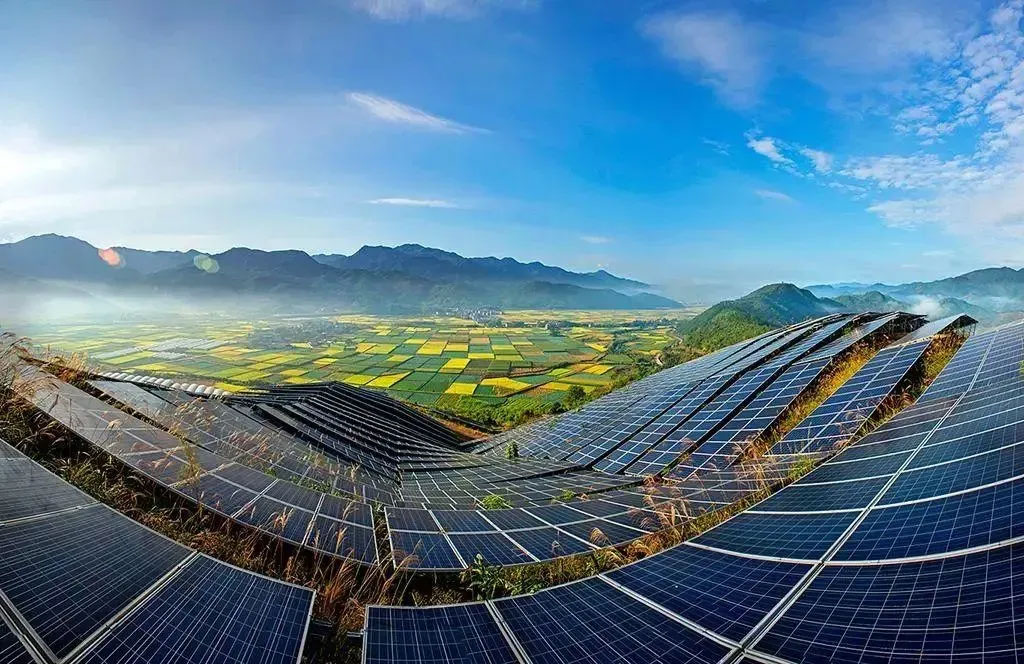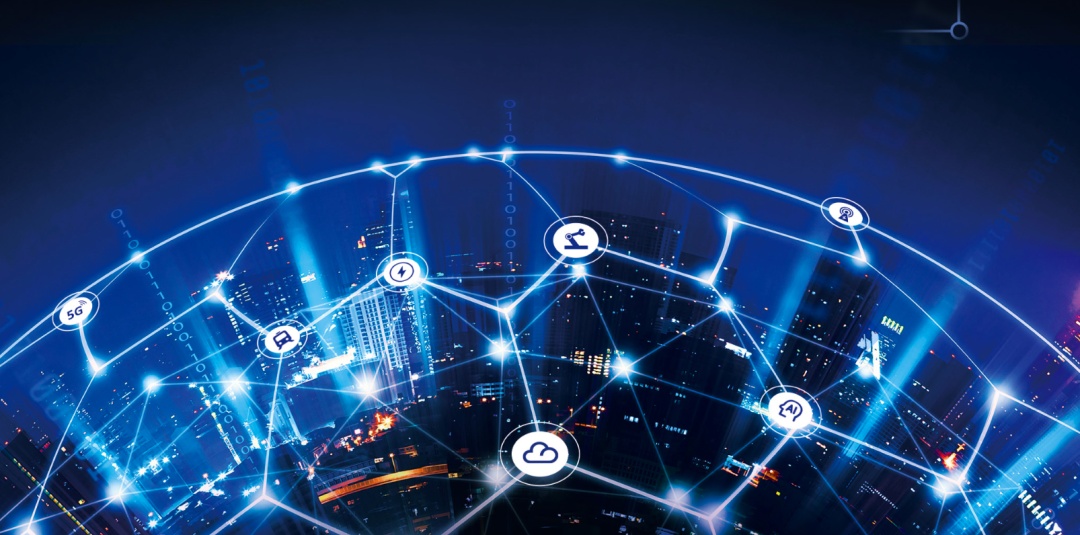Future oriented blockchain is expected to become an important infrastructure in the digital economy era
1、 Introduction
With the development of the Internet, we have entered a digital era.
However, with the advancement of digital technology, we are facing many challenges, such as data security, lack of trust, and other issues.
The emergence of blockchain technology provides new ideas for solving these problems.
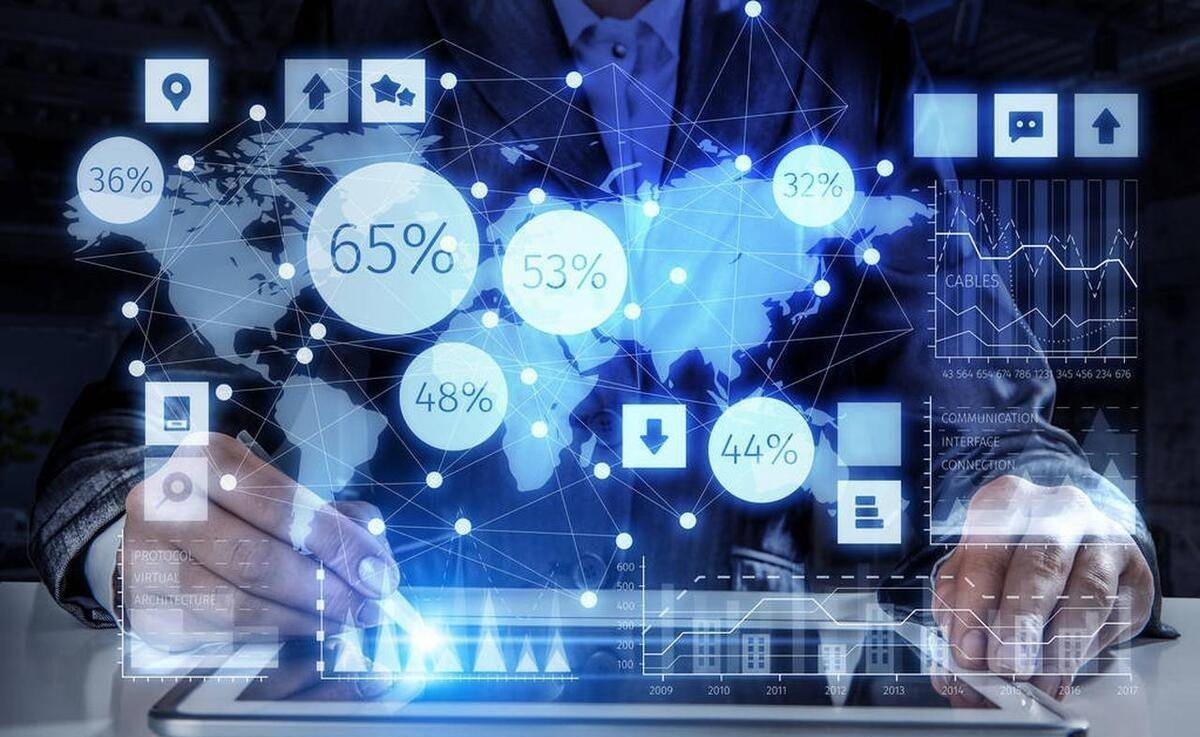
2、 The definition and characteristics of blockchain
Blockchain is a distributed database that records and stores all transaction data in the form of blocks, and uses cryptographic algorithms to ensure data security and tamper resistance.
Each block contains the hash value of the previous block and its own transaction data, forming a continuously growing chain.
The characteristics of blockchain are mainly reflected in the following aspects:
Decentralization: Blockchain does not have a central node, and all nodes have the same rights and obligations, achieving true decentralization.
Security: Blockchain uses cryptography technology to ensure the security and integrity of data, making it difficult for data to be tampered with or attacked.
Transparency: The transaction data in blockchain is publicly available to all nodes, making the transaction process more transparent and fair.
Anonymity: Transactions in blockchain can be conducted anonymously, protecting users' privacy rights.
3、 Application scenarios of blockchain
Financial field: Blockchain can be used to achieve decentralized transactions, clearing, and settlement, improving transaction efficiency and reducing transaction costs.
Supply chain management: Blockchain can provide transparent supply chain information, enabling suppliers, manufacturers, logistics companies, etc. to work together better, improving the efficiency and transparency of the supply chain.
Healthcare: Blockchain can ensure the immutability and security of medical data, enabling patients and doctors to better share and utilize medical information.
Public services: Blockchain can improve the transparency and efficiency of public services, such as identity authentication and education certification.
Internet of Things: Blockchain can be used to achieve decentralized management and secure communication of IoT devices.
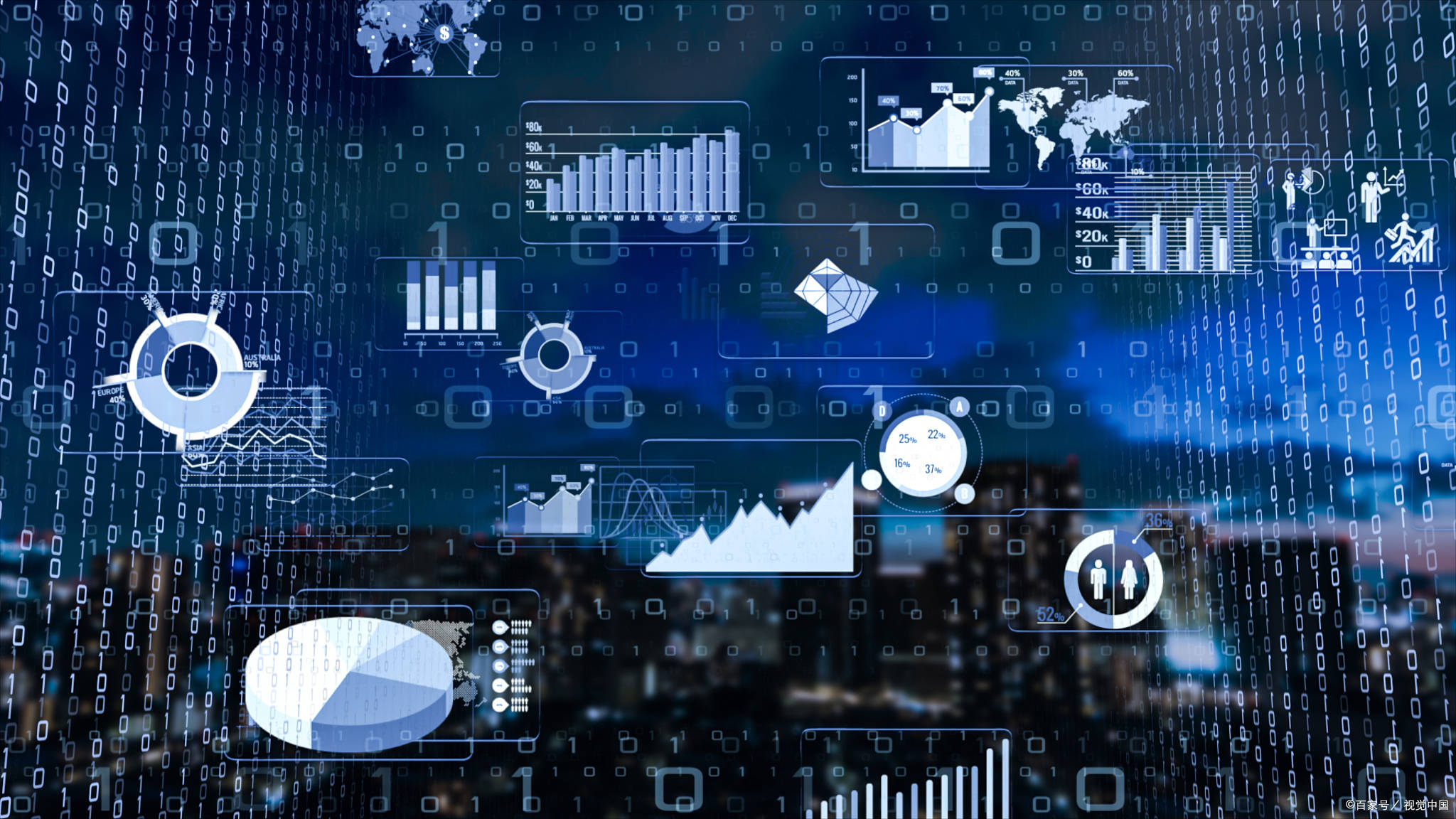
4、 The Development Prospects and Challenges of Blockchain
With the continuous development of blockchain technology and the expansion of application scenarios, we can foresee that blockchain will have broad development prospects in the future.
However, there are also some challenges:
Technology maturity: Although blockchain technology has made significant progress, further improvement in technology maturity and stability is needed in large-scale applications.
Regulatory issues: Due to the decentralized nature of blockchain, regulatory agencies face certain difficulties in regulating blockchain. How to formulate reasonable regulatory policies is an important issue faced by the development of blockchain.
Privacy protection: Although blockchain has the characteristics of anonymity, a better balance needs to be found in achieving data sharing and protecting user privacy.
Cost issue: Currently, the maintenance and operation costs of blockchain are relatively high, which may limit its application in certain fields. Therefore, it is necessary to explore how to reduce costs and make it more competitive.
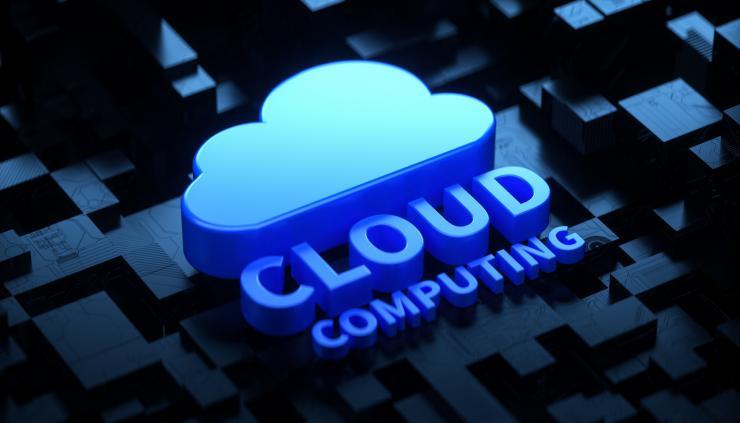
5、 Conclusion
Overall, blockchain, as a disruptive technology, has broad application prospects and market potential.
Although there are still some challenges ahead, with the continuous progress of technology and the increasing awareness of society towards this technology, we believe that these problems will be solved.
In the future, blockchain is expected to become an important infrastructure in the digital economy era, leading us towards a more transparent, just, and efficient society.
 中文
中文
 English
English
